100 years ago, in June 1925, the Vietnam Revolutionary Youth Association, the first organization of Vietnamese revolutionaries following Nguyen Ai Quoc's path, was born in Guangzhou, China. After its establishment, the Vietnam Revolutionary Youth Association organized many activities, including training members. The lectures of leader Nguyen Ai Quoc for these cadre training classes were later collected and printed into the work "The Revolutionary Path". The major idea that stands out in this work is the issue ofeducation and training of the ethics of revolutionaries. The Revolutionary Path is not only a work about revolutionary ethics and training of revolutionary ethics, but also the first work of President Ho Chi Minh about revolutionary ethics and the issue of revolutionary ethics education.
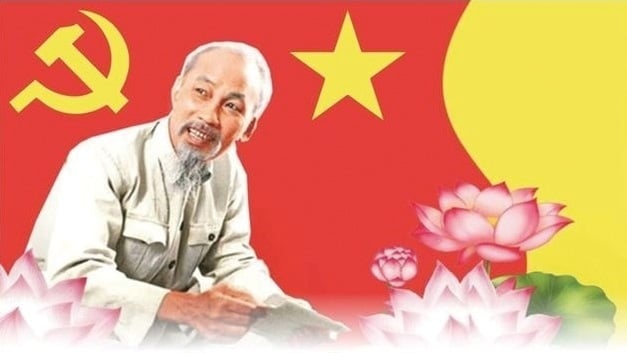 |
| President Ho Chi Minh, a shining example of revolutionary morality. Photo: Document |
ON THE CHARACTER OF A REVOLUTIONARY IN WORKS
Throughout his revolutionary career, President Ho Chi Minh was always concerned with the issue of ethics and moral cultivation. He believed that ethics was the “root” of a revolutionary. Therefore, Ho Chi Minh wrote many works on revolutionary ethics and revolutionary ethics education for cadres, party members and the people. His typical works on revolutionary ethics include: The Revolutionary Path (1927); Changing the way of working (1947); Individualism (1948); Diligence, thrift, integrity and uprightness (1949); Civic ethics (January 1955); Revolutionary ethics (June 1955); Revolutionary ethics (1958); Enhancing revolutionary ethics, wiping out individualism (February 3, 1969, Nhan Dan Newspaper No. 5409, with the pen name TL) and finally his Testament.
In early 1927, the lectures of leader Nguyen Ai Quoc for cadre training classes in Guangzhou, China were published by the Propaganda Department of the League of Oppressed Peoples into a book called The Revolutionary Path. One of the important contents of this work is about revolutionary moral education.
Not only in the Revolutionary Path, in another work, Ho Chi Minh also pointed out: “Making a revolution to reform a new society is a very glorious cause, but it is also a very heavy task, a very complicated, long-term, and arduous struggle. Only with great strength can one carry the burden and go far. A revolutionary must have revolutionary ethics as a foundation to complete the glorious revolutionary task”. For each person, Ho Chi Minh compared ethics to the source that nourishes and develops people, like the roots of a tree, like the source of a river or stream. He wrote: “Just like a river must have a source to have water, without water the river will dry up. A tree must have roots, without roots the tree will wither. A revolutionary must have ethics, without ethics, no matter how talented, he cannot lead the people”.
For the Party, the vanguard organization of the working class, the working people and the Vietnamese nation, Ho Chi Minh required that our Party must be truly clean, the Party must be "ethical and civilized". He often repeated Lenin's idea: The Communist Party must represent the intelligence, honor and conscience of the nation and the era. The issue of ethics was mentioned by Ho Chi Minh in a comprehensive manner. He raised ethical requirements for all classes, strata and social groups, in all fields of activity, in all scopes, from family to society, in all three relationships with people: towards oneself, towards others and towards work. Ho Chi Minh's thought was especially expanded in the field of ethics of cadres and party members, especially when the Party became the ruling party.
According to Ho Chi Minh, the Party must "be moral and civilized" in which morality is the "root", which is still the issue that Ho Chi Minh puts first and foremost. Because if the Communist Party wants to play a pioneering role, it must first and foremost be a party that represents revolutionary morality, wholeheartedly and wholeheartedly serving the country and the people.
It can be affirmed that Ho Chi Minh's thoughts on ethics and revolutionary ethics have contributed to enriching the revolutionary ethics of Marxist-Leninist ethics, expressed by the skillful application of the humanity of the Vietnamese people with the revolutionary ethics of the working class.
REVOLUTIONARY ETHICS EDUCATION FOR CURRENT CADRES AND PARTY MEMBERS
Under the impact of the negative side of the current market economy , many problems arising in practice have negatively impacted the social environment of each person. Many problems in life, if only using morality and humanity to solve, often do not bring about effectiveness. However, more than ever, this is the time when each cadre and party member must return to Ho Chi Minh, must cultivate and practice revolutionary ethics to perfect themselves, to be more transparent and responsible in their work. Only by practicing revolutionary ethics according to Ho Chi Minh's thought can each cadre and party member become more self-aware, and if only relying on the deterrence of the law, people will certainly know how and find ways to circumvent the law.
In the current information technology era, hostile forces are increasingly frantically sabotaging the revolution through distortion, including the “No Ho” and “Deposing the Ho Chi Minh Idol” campaigns. Not everyone among cadres and party members is equipped with a solid foundation of knowledge and belief, but many people, faced with this chaotic “forest” of information, have become confused, lost faith, doubted the values, and doubted the authenticity of studying Ho Chi Minh’s morality.
More than ever, each cadre and party member should talk less and do more, learn from Uncle Ho to do the most specific and practical things. In order for studying and following Ho Chi Minh's moral example to become regular, voluntary and effective, the Party cell must be the core and Party members must be voluntary. To do so, each organization and individual must follow regulations, instructions and have correct and accurate perception of the problem. It is necessary to make studying and following Ho Chi Minh's moral example a self-consciousness of each Party member. To cultivate and train to achieve results, first of all, each cadre and party member must uphold the spirit of fighting, criticizing and self-criticizing. During his lifetime, President Ho Chi Minh affirmed: "On the path of revolutionary development, our Party... always has advantages and inevitably has shortcomings. Only by constantly fighting, criticizing and self-criticizing, clearly recognizing right and wrong, promoting the right, overcoming the wrong can we make ourselves, the Party, and the revolution progress forever." President Ho Chi Minh required each cadre and party member to constantly cultivate revolutionary qualities, at the same time resolutely fight against individualism, eliminate bureaucracy, and distance themselves from the masses, and to truly be a servant and public servant of the people.
Ho Chi Minh's lessons on revolutionary ethics for the first generations of cadres in Guangzhou, China, and later on throughout his life of tireless activities, are invaluable lessons. He not only taught revolutionary ethics, but was also a shining example, a typical model of revolutionary ethics. Therefore, he had a strange attraction for everyone, a shining example of revolutionary ethics for every cadre, party member and people to follow. Learning from Uncle Ho is lifelong learning, not a one-day or one-day thing. In the current revolutionary period, when the revolutionary situation has changed, when the Party has become the ruling Party, one of the great dangers for the Party and party members is fading ideals, distancing themselves from the people, therefore, educating revolutionary ethics for cadres and party members must be carried out regularly and continuously.
Celebrating the 100th anniversary of the Vietnam Revolutionary Youth Association, re-reading The Revolutionary Path is to always remind every cadre and party member of the sacred importance: Cultivating and training revolutionary ethics according to Uncle Ho's teachings.
Source: http://baolamdong.vn/chinh-tri/202412/duong-kach-menh-va-van-de-giao-duc-dao-duc-cach-mang-cho-can-bo-dang-vien-hien-nay-b4b045b/





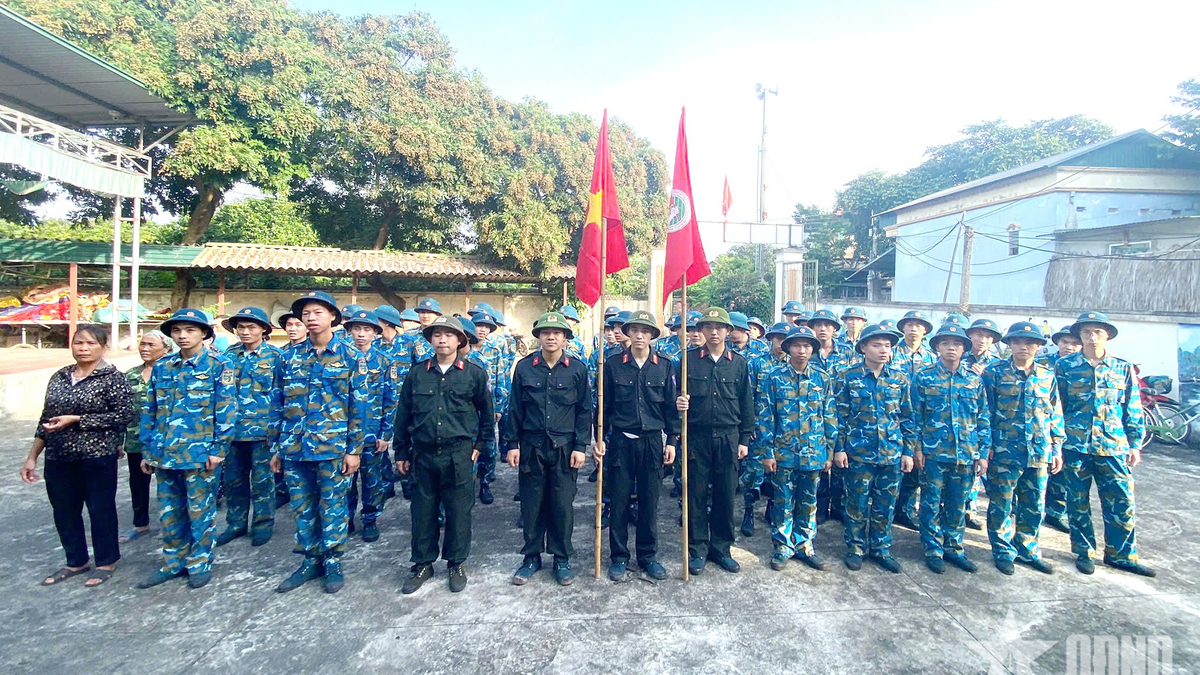
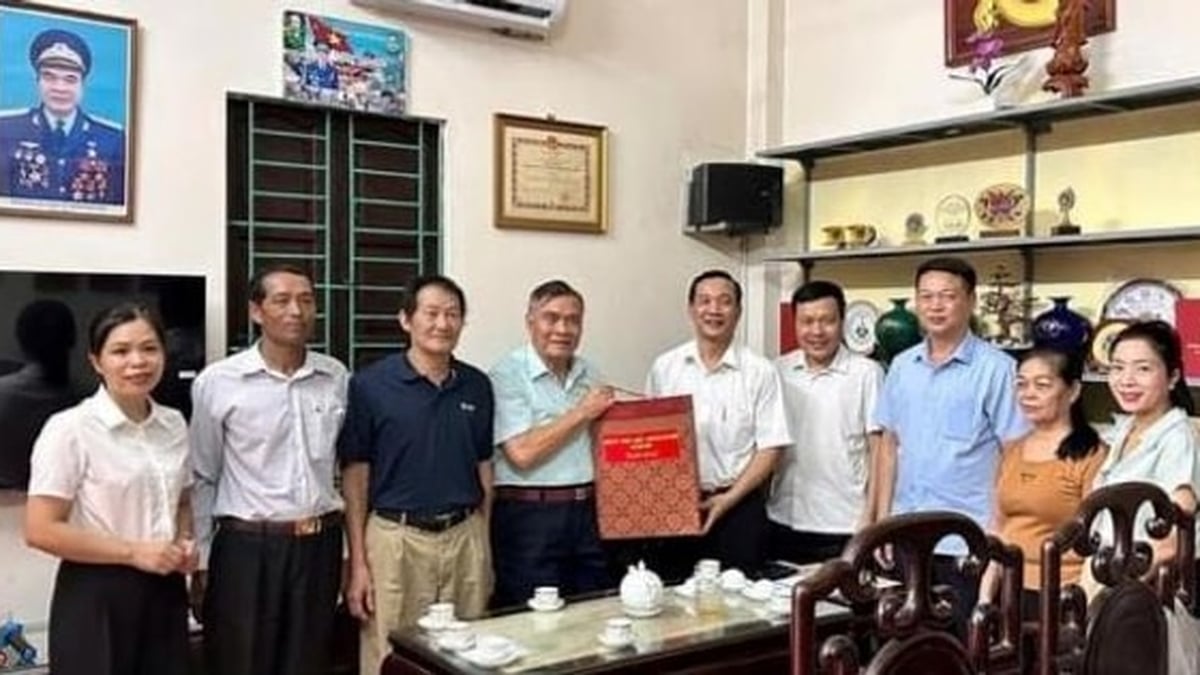

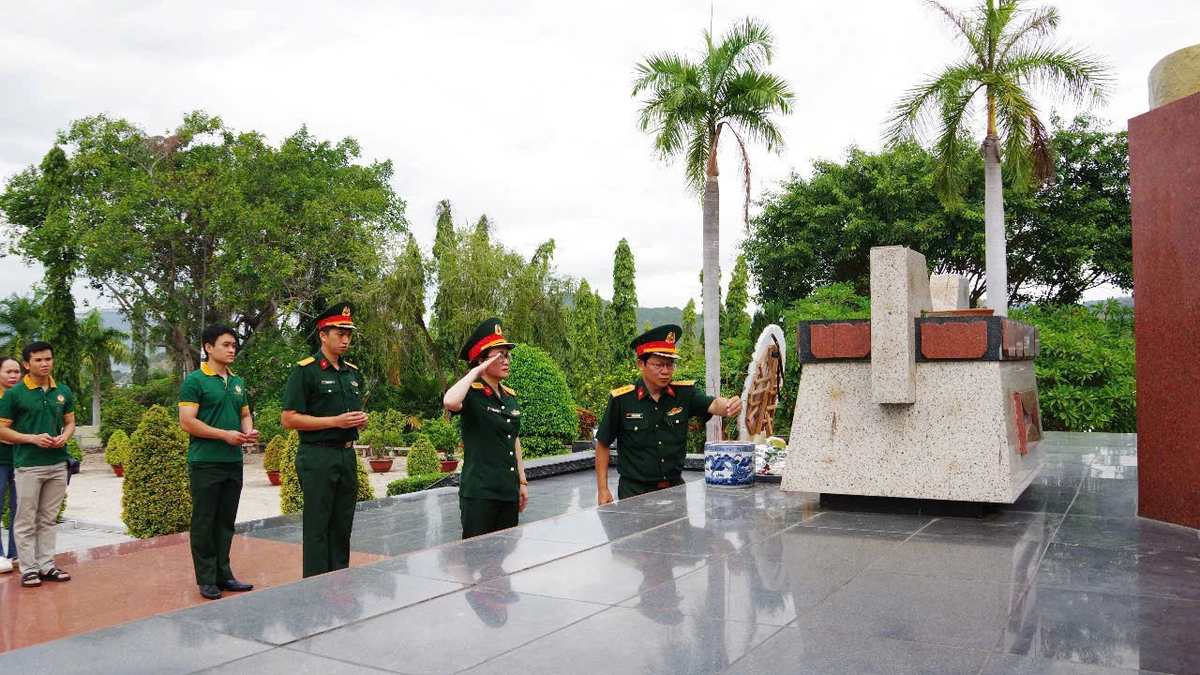

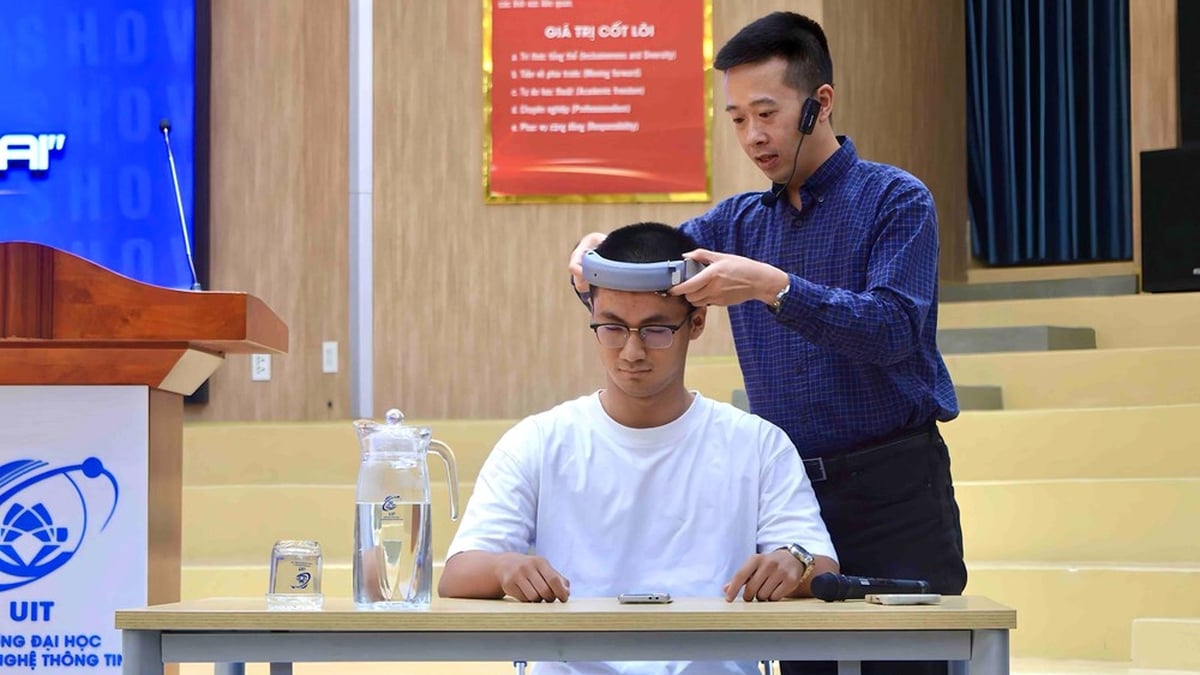
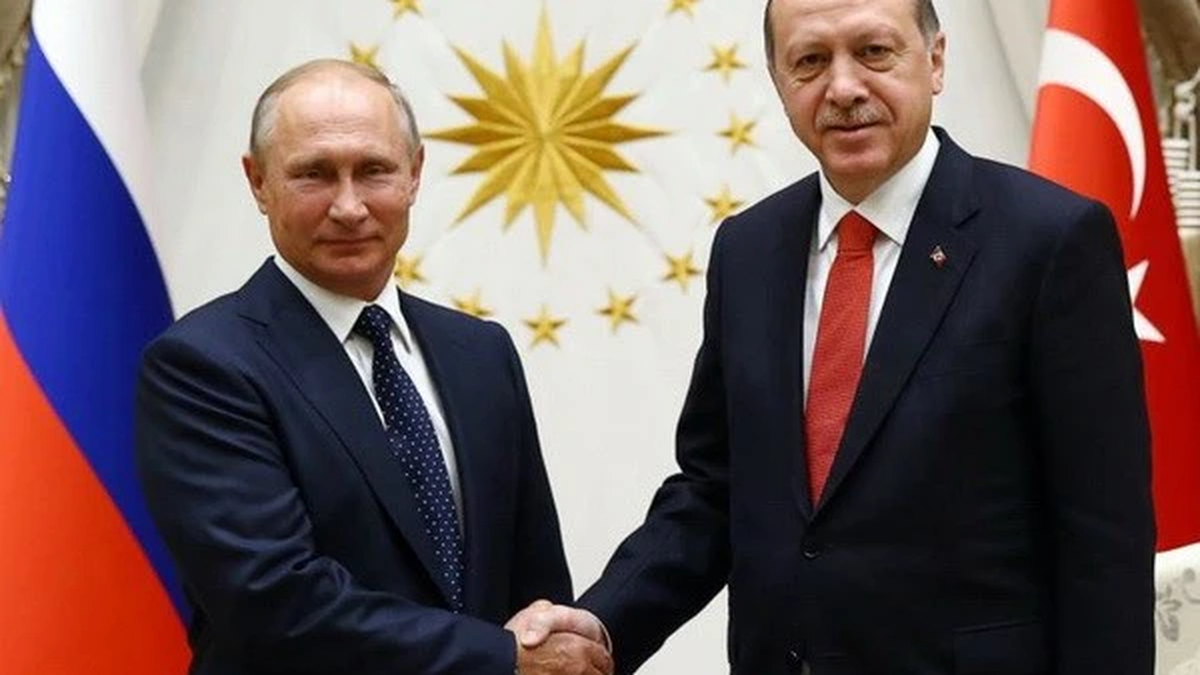























































































Comment (0)